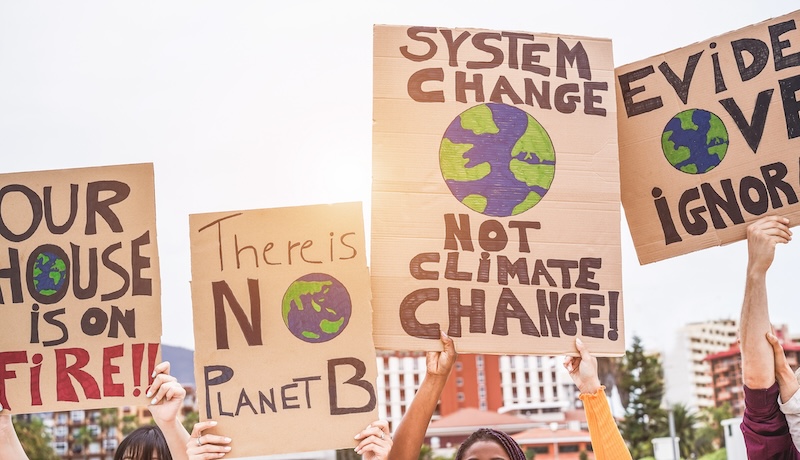Spotlights fossil fuel work

Eco-minded law students have released updated scores reflecting their views on how environmentally friendly major law firms are, based on their work with fossil fuel clients.
Compiled by the US-based group Law Students for Climate Accountability (LSCA) — founded in 2020 to highlight the legal industry’s role in the climate crisis — the report includes input from contributors at UK universities such as Southampton, Queen Mary University of London, UCL, and Bristol.
The 2025 report grades 100 prestigious firms from A to F according to how much fossil fuels work they have engaged in over the last five years. 38 out of 100 firms find themselves placed in the lowest ‘F’ category, including big name firms A&O Shearman, Clifford Chance, Freshfields, Gibson Dunn, Hogan Lovells, Jones Day, Kirkland & Ellis, Latham & Watkins, Linklaters, Norton Rose Fulbright and White & Case.
Overall, 71% of firms received a “failing” score and were graded either D or F. This “reflects the legal industry’s clear and substantial role in exacerbating the climate crisis,” according to LSCA.
This year’s report covers selected areas outside of the US, including the UK — the world’s second largest legal market. Spotlighting firms such as Ashurst, Pinsent Masons, Simmons & Simmons and Slaughter and May, LCSA claims that, while these firms may advertise their sustainability commitments, “the transaction data tells another story”.
On a more encouraging note, the 2025 scorecard gives a record 14 firms an ‘A’ grade, including BCLP, Cooley, Dechert and Ropes & Gray. These firms are described as a “legitimate choice” for the climate-conscious law student in recognition of their work for renewable energy clients and minimal engagement with major polluters.
The report also acknowledges increased “mitigating work” for renewable energy companies across the board. Hogan Lovells, Squire Patton Boggs and Latham & Watkins were found to be leaders in representing renewable clients, despite their failing ‘F’ grades.
The group encourages law students and potential clients to use the scorecard to “look at sustainability practices beyond the energy efficiency of a firm’s office space or how it minimises paper use”, emphasising the power these groups have to shape the behaviour of prestigious firms.
Addressing law firms, the report outlines two choices: either to “maintain and strengthen their climate commitments”, or to “swim with the political currents and sell the rest of us down the river”.


